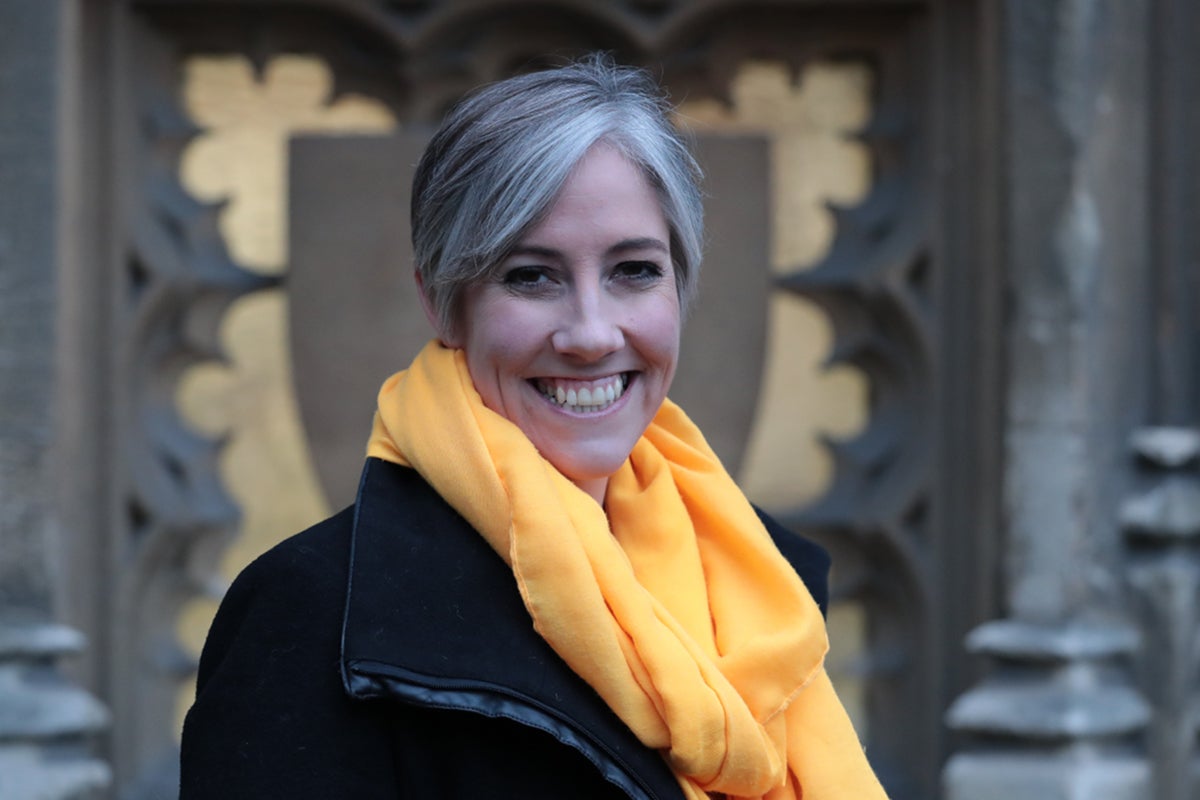
Doctors and nurses have taken more than eight million mental health sick days in the past five years, new data has shown.
As the mental health crisis worsens, NHS hospital staff have come out saying they feel “brutalised” and burnt out as a result of staff shortages and the pandemic.
Mental health related sick leave had increased each year since 2017, with a significant rise during the pandemic, according to new figures.
The pressure on staff is set to continue as it was revealed last week that the number of NHS patients in England waiting to start routine hospital treatment had risen to 6.2 million – the highest number since records began 15 years ago.

Data released from 67 NHS hospital trusts under the Freedom of Information Act found that staff had taken the equivalent of 22,718 years of mental health sick days since 2017, The Observer reports.
In December 2021, analysis by London South Bank University predicted that hospitals could see as many as one in six doctors and nurses off sick throughout 2022, due to the Omicron wave leading to increased burnout, stress and anxiety among staff.
More than 2.2 million days were taken last year, during which staff were dealing with the effects of the pandemic and huge treatment backlogs.
Daisy Cooper, the Liberal Democrats’ health spokesperson, who submitted the data requests, said that the “staggering figures” should serve as a “wake-up call” to the government.
She also called on the health secretary Saji Javid to come up with a “clear path” to support NHS staff, “starting by fixing chronic staffing shortages and reducing unsustainable workloads”.
Dr Thomas Dolphin, a consultant anaesthetist told the Guardian that the mental health struggles were severe among staff at the beginning of the pandemic, particularly as they deal with limited PPE.

He said: “There was the relentless of the banal horror of it – having to watch people dying in such horrible circumstances, unable to see their loved ones.
“To be fair to the hospitals, there was a big focus on staff welfare. But it wasn’t enough, because this exposed understaffing in the NHS that’s been going on for a long, long time.
“We brutalised our staff for months on end. Then, not surprisingly, quite a lot of them have left or retired or moved to another country as soon as they could because it was soul-destroying. Now we’re in a position where we’re even more short-staffed. The consequence is in those [mental health absence] numbers.
A mental health lead at the Royal College of Nursing also commented that “many are on the verge of leaving our profession forever” due to the mental strains on staff.
There are currently an estimated 110,000 vacancies across the NHS.
Miriam Deakin, director of policy and strategy at NHS Providers, which represents hospital trusts, said that “rising demand and persistent workforce shortages” were leaving staff with crippling workloads.
The data showed that hospitals across the NHS were suffering, with the largest trusts experiencing the highest number of days lost. Manchester University NHS Foundation Trusts, one of England’s biggest with 10 hospitals, recorded 591,254 working days lost to mental illness in the last five years.
A spokesperson for the Department of Health and Social Care said: “We know the NHS has been under unprecedented pressure, and supporting the mental health and wellbeing of NHS staff is a priority.
“We’ve invested £37m this year to fund 40 staff mental health hubs nationwide that sit alongside a dedicated helpline and 24/7 text support services. We have record numbers of staff, including over 4,200 more doctors and over 12,100 more nurses compared with January 2021.”







